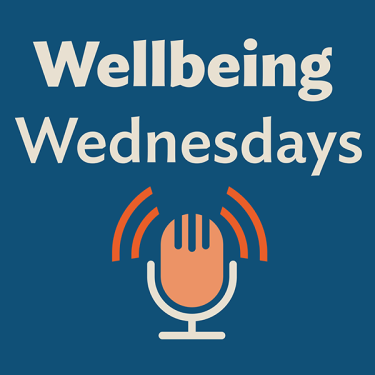The National Council for Mental Wellbeing sat down with Vatsala Kapur, vice president of external affairs, Bamboo Health.
What’s one thing in the mental health and substance use field that you think deserves more attention in 2024?
Innovative delivery and payment reform efforts will create incentives for providers and payers to holistically care for individuals with co-occurring mental health and substance use disorders. One new opportunity directly aimed at improving this population’s outcomes is the Innovation in Behavioral Health (IBH) Model. This Centers for Medicare and Medicaid Services (CMS)-funding opportunity will allow selected states to participate in an eight-year program during which states and practice participants will receive funding to implement care integration tactics and improve capacity, including funding to recruit more staff and upgrade health information technology and electronic health records. The health care system could learn many applicable insights from this implementation and other models that bridge the gap for individuals with moderate-to-severe mental health and substance use disorders.
Looking around at trends in other industries or topics, what’s one thing you think the mental health and substance use field could stand to learn from other fields?
One of the trends I am very excited about is the focus on multidisciplinary teams to address clinical research questions. The American Heart Journal Plus cites improved clinical research outcomes when teams include collective knowledge acquisition, effective project management and a culture that values all voices on the team in their research. This can be adapted to the mental health and substance use fields and operationalized across organizations. I envision a future where teams of professionals with diverse training, approaches and institutional affiliations can work collaboratively to meet the complex needs of individuals with mental health and substance use disorders.
One of the greatest challenges the mental health and substance use field is facing right now is workforce shortages. How does Bamboo Health think about this challenge and your role in helping to address it?
The causes of workforce shortages are multifaceted and include provider burnout. We believe technology can serve as one piece of the puzzle in easing the shortage by reducing the amount of time providers spend finding services on behalf of their clients using closed-loop referral systems such as OpenBeds®. We recognize that technology is not a panacea. However, we have seen that when communities of providers work together toward a shared collective goal of improving the lives of people in need, it not only enhances the lives of individuals in need but can also ease the burden that providers feel daily.
What’s something you’ve done with the National Council in the past year that you’re especially proud of?
Our partnership with the National Council has allowed us to harness the invaluable insights gleaned from the annual NatCon events, where we’ve connected with leaders in the behavioral health field and learned from passionate advocates. These interactions have not only deepened our understanding but also inspired innovative approaches to addressing mental health and substance use disorder challenges. We’re excited to continue this tradition of exchange at events, eagerly anticipating the opportunity to network, learn and contribute to the collective effort of advancing behavioral health awareness and support.
What is an initiative that is coming up for Bamboo Health that most excites you?
I am excited about our continued work with 988 Suicide and Crisis Lifeline call center operators, especially as we approach the second anniversary of the lifeline. These brave professionals, who manage millions of 988 calls annually, help individuals in their most vulnerable moments. They deserve agile systems that can help them connect individuals in crisis with services, assistance and the appropriate treatment quickly and efficiently. I am hopeful and confident that Bamboo Health’s technology can continue creating some ease in these individuals’ days as they’re truly saving lives. Our work with the 988 Lifeline is just one example of how we’re committed to connecting players across the industry to provide better overall patient care through enhanced care coordination.
Given your experience in government affairs, what do state governments need to know about improving access for vulnerable populations that manage behavioral health challenges?
Since 2021, Section 1115 waivers have allowed states to use Medicaid funds for crisis support, but there is still work to be done to integrate this positive progress with broader healthcare initiatives. Currently, 20+ state Medicaid agencies use the grants, and many must rapidly scale workflows to accommodate this new means of care delivery alongside existing physical health care delivery streams. Organizations are dealing with increased demand and need with the same (sometimes outdated) workflows and systems. According to a HIMSS and Arcadia survey, only 57% of an organization’s data is used in critical decision making, indicating a lack of actionable data insights or challenges with siloed data. States and organizations need more than just data — they need clear insights based on the data readily available in existing workflows.
If you weren’t doing this work, what would you be doing?
The phrase “to whom much is given, much is required” is a guiding force in my life. The issues the National Council addresses have touched me personally and professionally. If I weren’t doing this work, I almost certainly would need to find other ways to address the behavioral health crisis facing our communities, whether through policymaking or supporting those who provide direct care.


